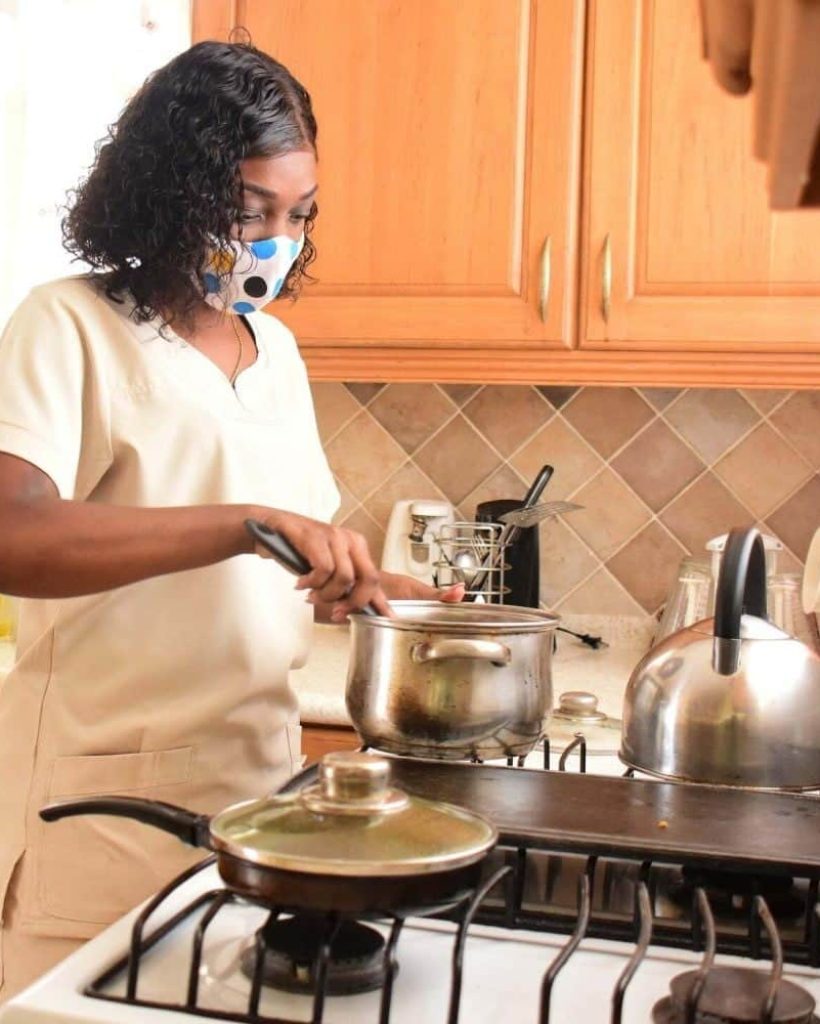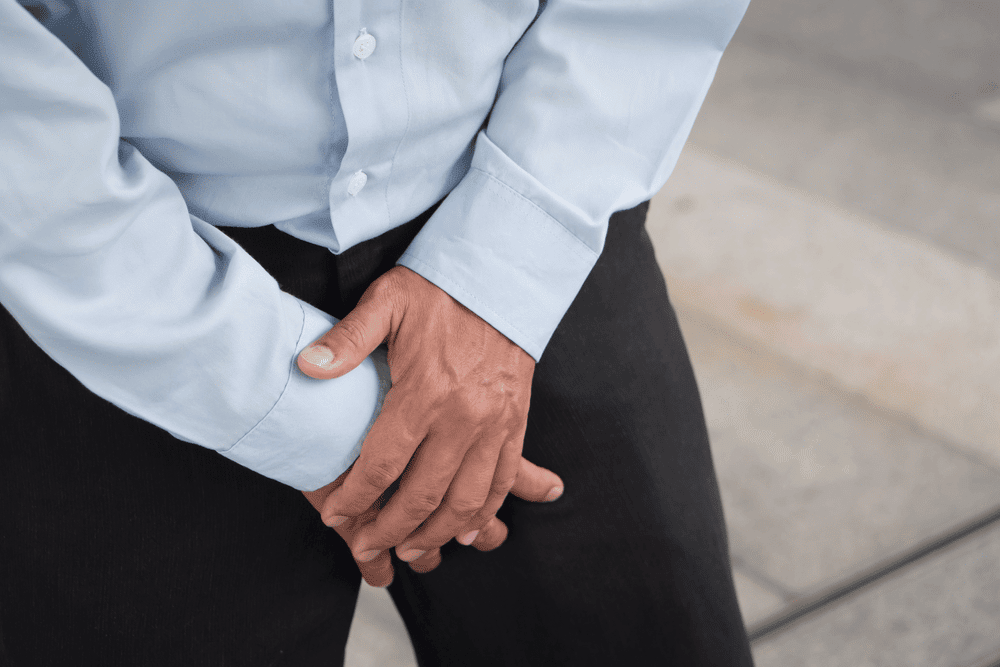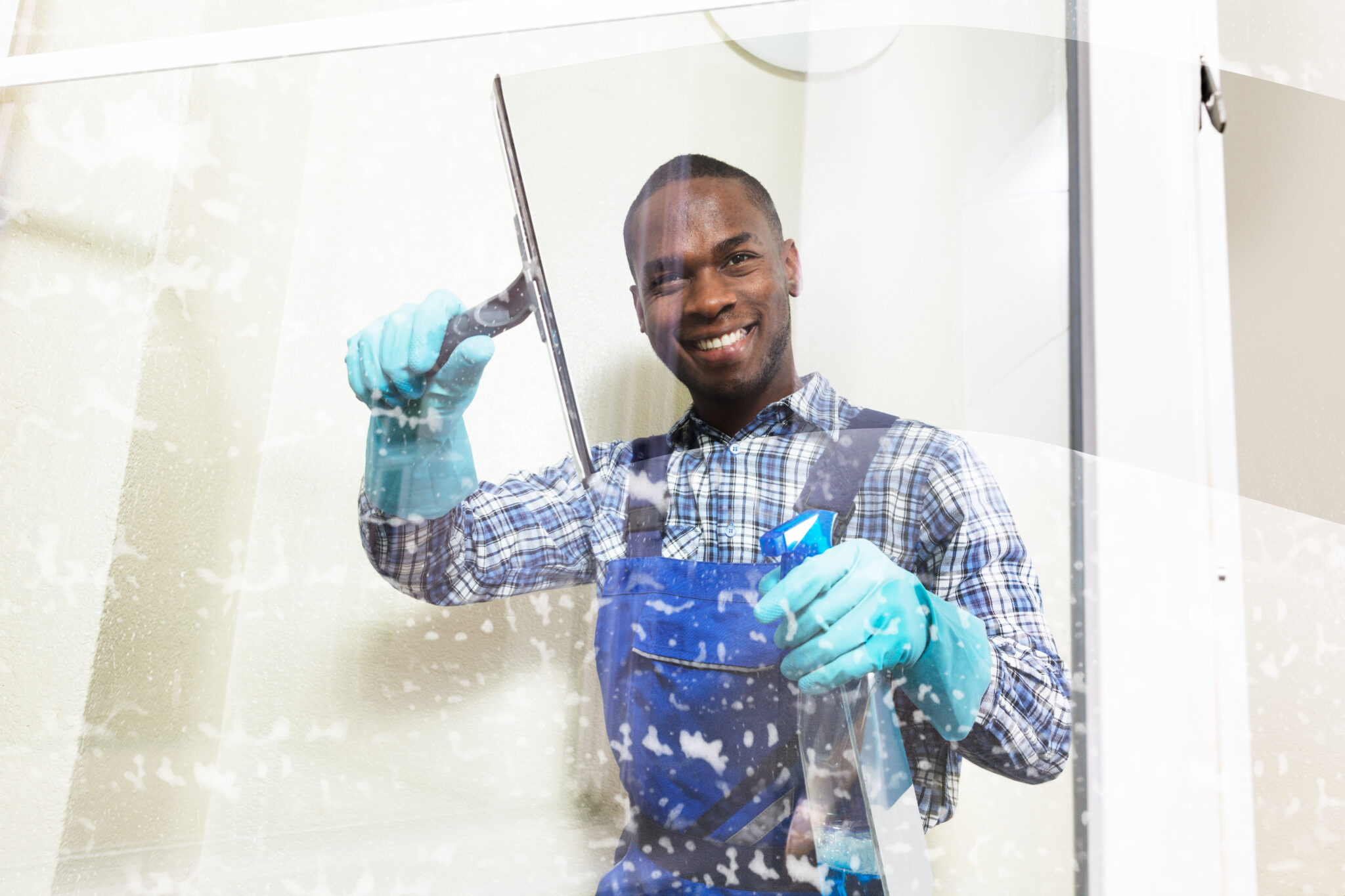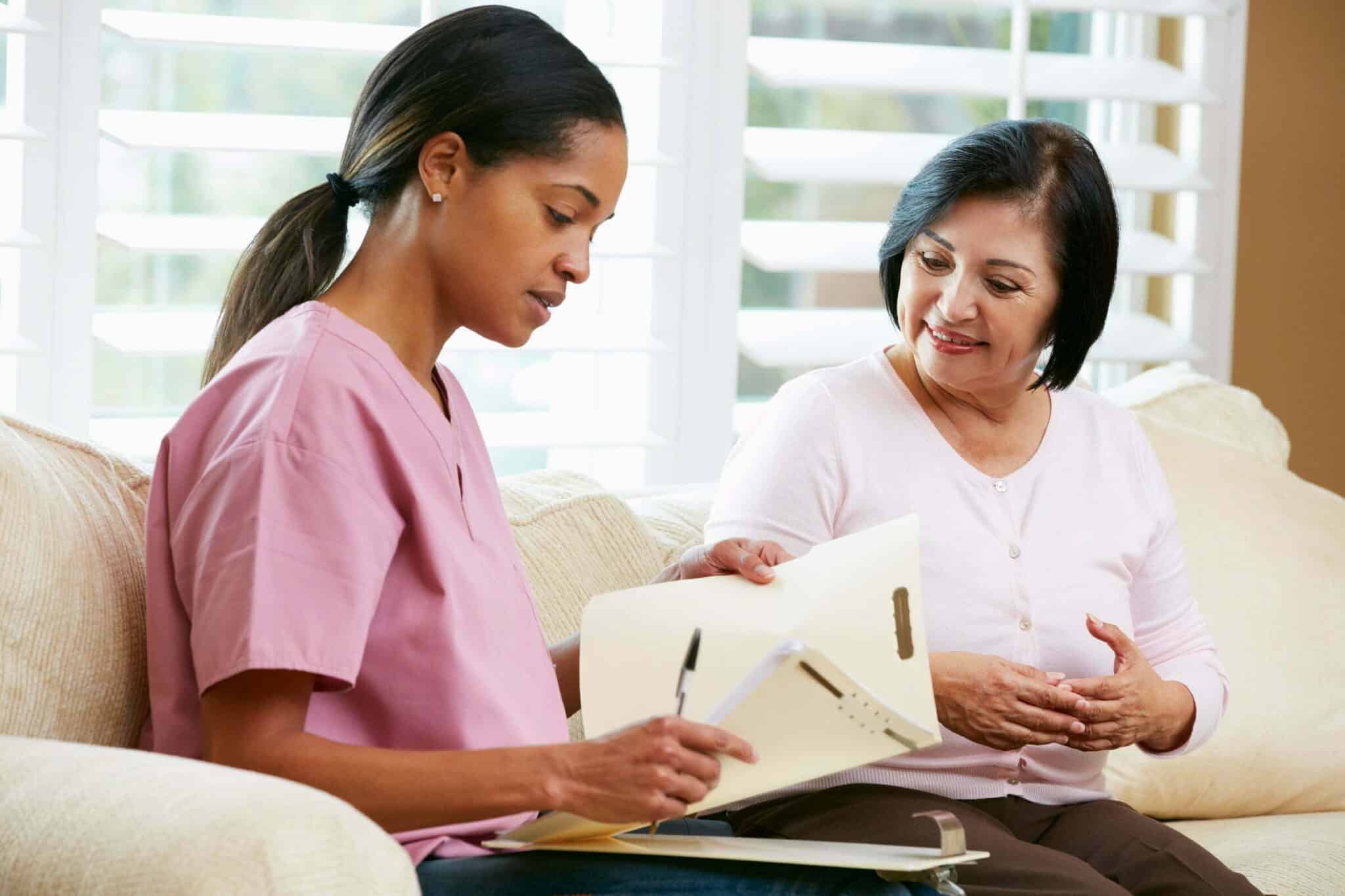What is Incontinence and how best to manage this condition
Home Nursing Care – The loss of bladder or bowel control often occurs as dementia progresses. Sometimes accidents result from environmental factors; for example, someone can’t remember where the bathroom is located or can’t get to it in time. If an accident occurs, your understanding and reassurance will help the person maintain dignity and minimize embarrassment.
- Establish a routine for using the toilet. Try reminding the person or assisting her to the bathroom every two hours.
- Schedule fluid intake to ensure the confused person does not become dehydrated. Know that some drinks (coffee, tea, cola, or beer) have more of a diuretic effect than others. Limit fluid intake in the evening before bedtime.
- Use signs (with illustrations) to indicate which door leads to the bathroom.
- A commode, obtained at any medical supply store, can be left in the bedroom at night for easy access.
- Incontinence pads and products can be purchased at the pharmacy or supermarket. A urologist may be able to prescribe a special product or treatment.
- Use easy-to-remove clothing with elastic waistbands or velcro closures, and provide clothes that are easily washable.
Treatment for Urinary Incontinence
There are now more treatments available than ever before for urinary incontinence. The choice of treatment depends on the type of bladder control problem you have, how serious it is, and what best fits your lifestyle. As a general rule, the simplest and safest treatments should be tried first.
Bladder control training may help you get better control of your bladder. Your doctor may suggest you try the following:
- Exercises for the pelvic muscles, also referred to as “Kegel exercises,” tone the bladder control muscles. By strengthening these muscles, you can keep urine in your bladder for longer. Learn more about pelvic floor exercises and how to do them.
- Biofeedback uses sensors to make you aware of signals from your body. This may help you regain control over the muscles in your bladder and urethra. Biofeedback can be helpful when learning pelvic muscle exercises.
- You may be able to better control your bladder by timed voiding. In timed voiding, you urinate according to a predetermined schedule, like once every hour. You can gradually increase the interval between bathroom visits. When timed voiding is combined with biofeedback and pelvic muscle exercises, you may find it easier to control urge and overflow incontinence.
- Lifestyle changes may help with incontinence. Losing weight, quitting smoking, saying “no” to alcohol, drinking less caffeine (found in coffee, tea, and many sodas), preventing constipation and avoiding lifting heavy objects may help with incontinence. Choosing water instead of other drinks and limiting drinks before bedtime may also help.

Trusted Team of Professionals
- 150+ Certified Nurses
- 2 Doctors on call
- Patient Safety Team
- Team of Registered Nurses
Explore more Barbados Care Plus+ Guides
We have designed this community forum to share our community knowledge and to help make your life better... To Care is to Share!





